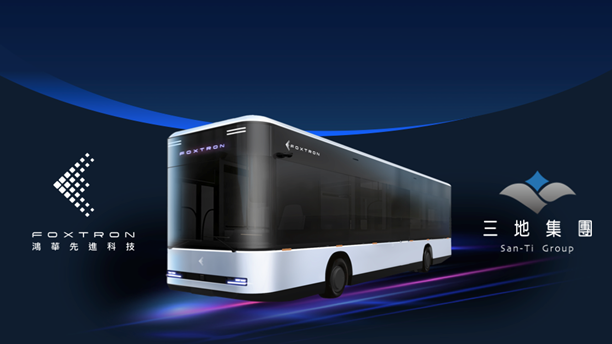Foxtron Vehicle Technologies, a Foxconn subsidiary, experienced a 9% dip in shares during its market debut, reflecting concerns about the challenging landscape in the electric vehicle (EV) market. The company is grappling with various issues, including inflation, high interest rates, supply chain disruptions, and competitive pricing dynamics, notably led by Tesla. This setback follows Tesla CEO Elon Musk’s recent cautionary statements about expanding factory capacity in the current economic climate.
Market challenges and competition
The EV market is witnessing intense competition, marked by significant price reductions initiated by major players like Tesla. The impact of inflation and soaring interest rates has elevated the overall cost of purchasing electric vehicles, contributing to market uncertainties. Both General Motors and Ford have echoed concerns similar to Elon Musk’s cautious stance on capacity expansion.
Financial performance concerns
Foxtron faced financial losses in both 2021 and 2022, raising doubts about a swift turnaround in the next two years. Industry analysts, noting the prevailing red sea of price cuts in the EV sector, anticipate continued challenges for Foxtron in the fiercely competitive market.
Chairman’s strategy for growth
Despite the initial market challenges, Young Liu, Chairman of Foxtron and Foxconn, remains optimistic. Liu outlined a strategic approach, emphasizing Foxtron’s establishment in Taiwan. The company plans to leverage its design expertise and service momentum in the EV sector. Additionally, Foxtron aims to tap into Foxconn’s proven business models to guide its entry into mainstream markets in North America and Southeast Asia.
As Foxtron navigates the complexities of the EV industry, the market debut setback underscores the formidable challenges posed by the current economic climate and competitive pricing strategies. The company’s growth strategy, focusing on its Taiwan foundation and subsequent expansion, will be closely watched amid the dynamic landscape of the electric vehicle market.



